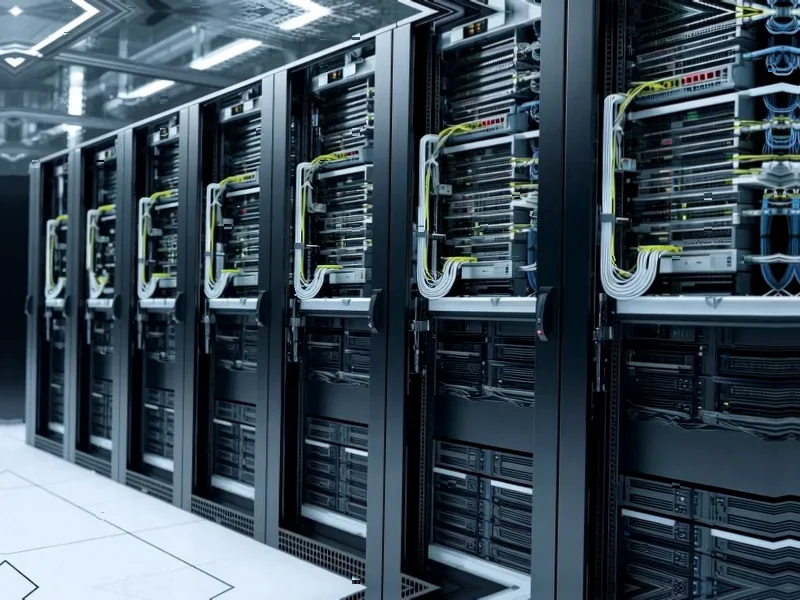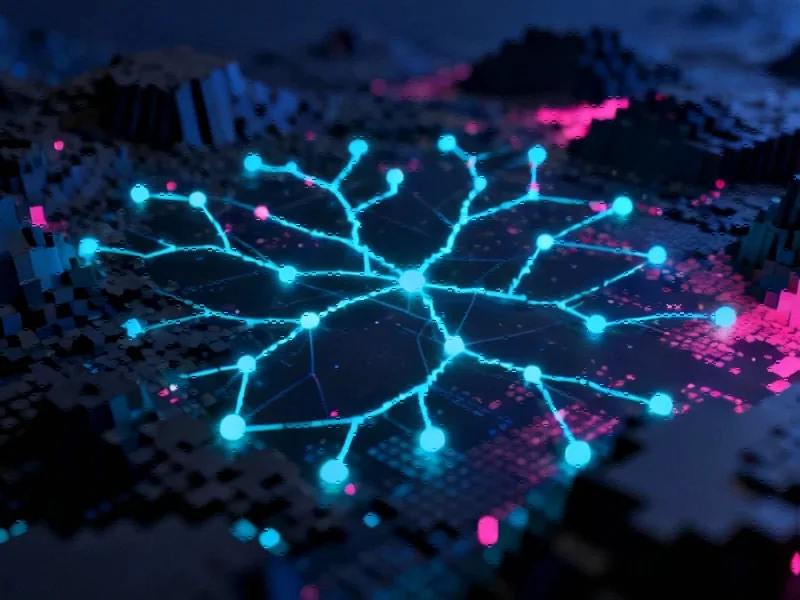According to Fortune, Silicon Valley’s push for fully autonomous AI systems has created “automation theater” where impressive demos mask production disappointments. The industry is realizing that in high-stakes domains like law and finance, the real competitive advantage isn’t raw capability but trust built through systems that know when to act, ask for help, or explain their reasoning. This shift from autonomy to accountability reflects growing recognition that human-AI collaboration delivers better outcomes than replacement-focused approaches.
Table of Contents
The Psychology of Automation Theater
The phenomenon of “automation theater” stems from a fundamental misunderstanding of what constitutes true automation value. For years, tech companies have measured progress by how closely AI could mimic human independence, creating a cognitive bias toward flashy demos that showcase autonomous capabilities rather than practical utility. This approach ignores decades of human factors research showing that the most effective systems augment rather than replace human judgment. The industry’s obsession with autonomy metrics has created a dangerous gap between marketing promises and real-world performance, particularly in domains where errors have legal or financial consequences.
The Trust Engineering Challenge
Building trustworthy AI systems requires solving engineering challenges that go far beyond model accuracy. The critical missing piece in most current systems is what cognitive scientists call “metacognition” – the system’s ability to assess its own confidence and limitations. Most AI failures occur not because models lack capability, but because they lack the self-awareness to recognize when they’re operating outside their competence boundaries. This creates a fundamental design paradox: the more capable an AI appears, the more dangerous its overconfidence becomes in high-stakes scenarios. The real engineering breakthrough needed isn’t better algorithms, but better uncertainty quantification and communication frameworks.
Market Implications Beyond Silicon Valley
The shift from autonomy to collaboration will reshape competitive dynamics across multiple industries. Companies that master human-AI collaboration will develop what Accenture research describes as significant advantages in engagement, learning speed, and outcomes. We’re already seeing this play out in enterprise software, where vendors emphasizing explainability and control are gaining market share over those promising full automation. The legal tech sector provides a clear example – tools that make AI reasoning transparent and editable are displacing black-box solutions, even when the latter demonstrate higher raw performance on benchmark tasks. This suggests that trust, not capability, is becoming the primary purchasing criterion in professional markets.
The Collaborative AI Future
The next generation of AI innovation will focus less on replacing human judgment and more on creating seamless collaboration frameworks. We’ll see the emergence of what might be called “accountability engineering” – systems designed specifically to make their reasoning processes inspectable, challengeable, and corrigible. This represents a fundamental shift from the autonomous systems paradigm that has dominated AI research for decades. The most successful implementations will likely combine high-capacity AI with sophisticated interfaces that allow professionals to understand, validate, and when necessary, override system decisions. This collaborative approach doesn’t just reduce risk – it creates a virtuous cycle where human expertise improves AI performance, which in turn enhances human decision-making capabilities.



